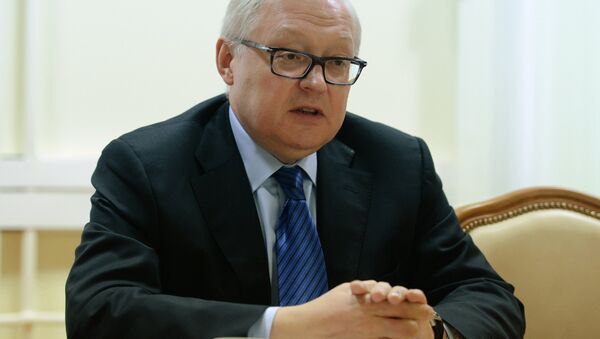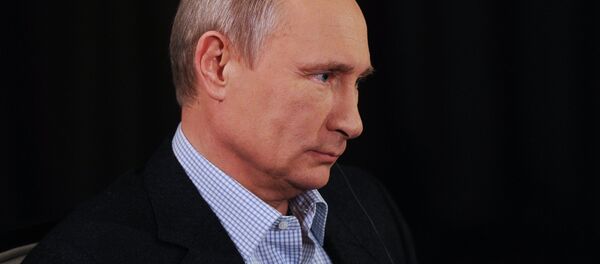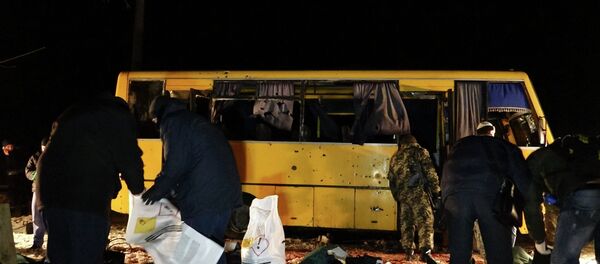"What's important in the current situation is not to look for somebody to blame on the Russian side, which is what, unfortunately, continues [to take place] without any basis or factual evidence being provided, but simply because somebody does not like the modern Russia with its independent policy," Ryabkov told journalists adding that the international community can take a number of important steps in the current situation.
The deputy foreign minister stressed that Western sanctions will not force Russia to change its policy and will only cause the situation in Ukraine to deteriorate, hampering a "normal political process".
"We have repeatedly spoken of the illegitimacy of the sanctions regime imposed against Russia and we confirm that we will not discuss criteria for the cancellation of any sanctions with the authors of the policy under any circumstances," Ryabkov stressed.
According to the deputy Foreign Minister, "if [western] government leaders are truly interested in the normalization of the situation [in Ukraine], they should shift their attention to those we call 'the party of war' in Kiev" and urge the Ukrainian government to conduct dialogue with representatives of the self-proclaimed People's Republics of Donetsk and Luhansk (DPR and LPR).
Poroshenko rejected peace proposal made by Putin, Putin's spokesman says — Reuters http://t.co/oVdZ9PLFuw #news #world
— voxpopuli (@nowintheworld) January 18, 2015
Since the beginning of the military conflict in eastern Ukraine last year in April, Kiev and the West have repeatedly accused Russia of intervening in the Ukrainian crisis, going as far as to claim that Moscow has sent troops and weapons to DPR and LPR fighters. However, the claims have not been supported with any evidence.
1/2 Ukraine believes in peaceful resolution of the conflict and despite all obstacles spares no effort to achieve this.
— Pavlo Klimkin (@PavloKlimkin) January 18, 2015
Clashes between Kiev forces and independence fighters in Ukraine's southeast have intensified in the past few weeks, despite the "regime of silence" declared in December and the ceasefire agreement reached between DPR, LPR and Kiev in September in Minsk.



